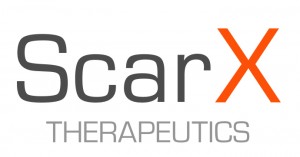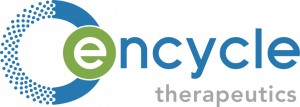BioCentury features ScarX Therapeutics as emerging company
 ScarX Therapeutics, a MaRS Innovation start-up company from the Hospital for Sick Children, was featured in “Scars Defaced,” a BioCentury emerging company profile by Michael J. Haas.
ScarX Therapeutics, a MaRS Innovation start-up company from the Hospital for Sick Children, was featured in “Scars Defaced,” a BioCentury emerging company profile by Michael J. Haas.
The profile is available to BioCentury subscribers on their website (paywall in place).
Here’s a short excerpt:
ScarX Corp. has reformulated a generic analgesic that is marketed primarily in Europe into a topical cream that patients can self-administer
after surgery to prevent scarring. The company expects cosmetic and reconstructive surgeons to be early adopters of its topical nefopam, and
thinks patients will pay out of pocket.Nefopam is a non-opioid analgesic that is marketed in Europe, Australia and parts of Asia in oral or IV formulations to treat pain, but is not approved for use in North America. ScarX has exclusive rights from The Hospital for Sick Children to one issued patent and five patents pending covering the use of nefopam as an antiscarring agent, and its topical formulation.

